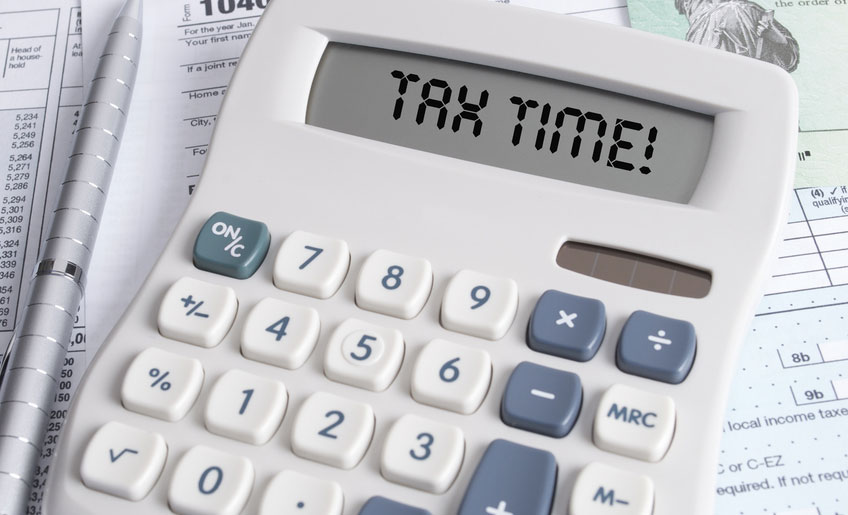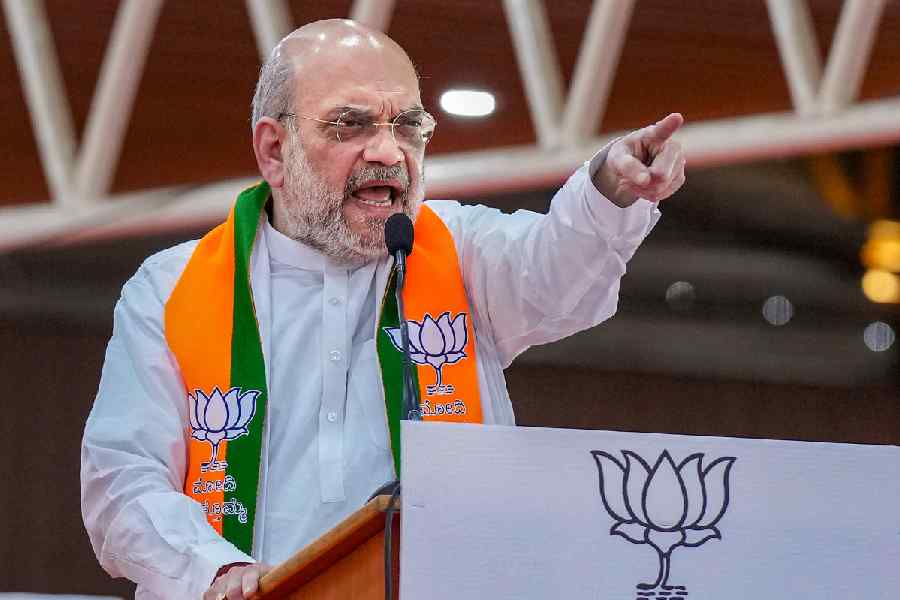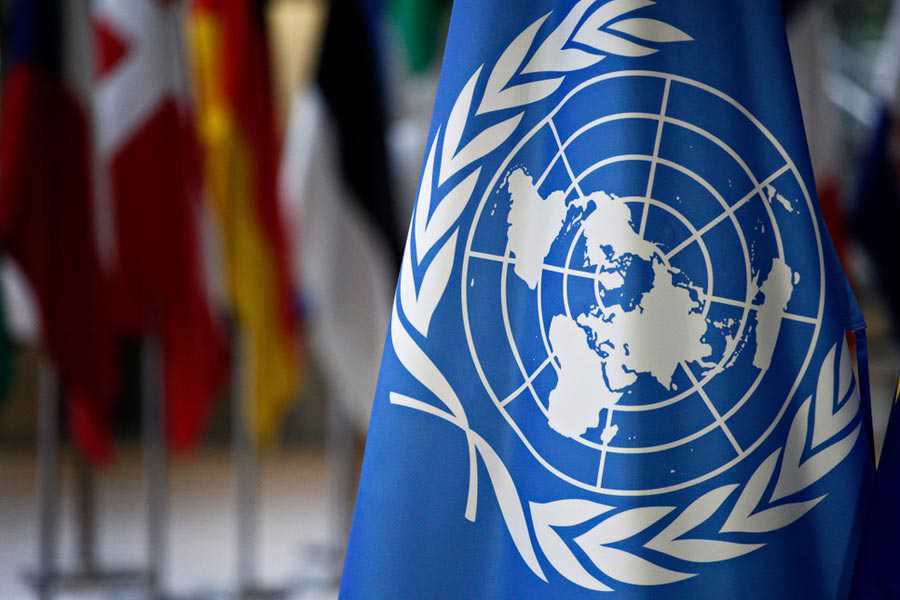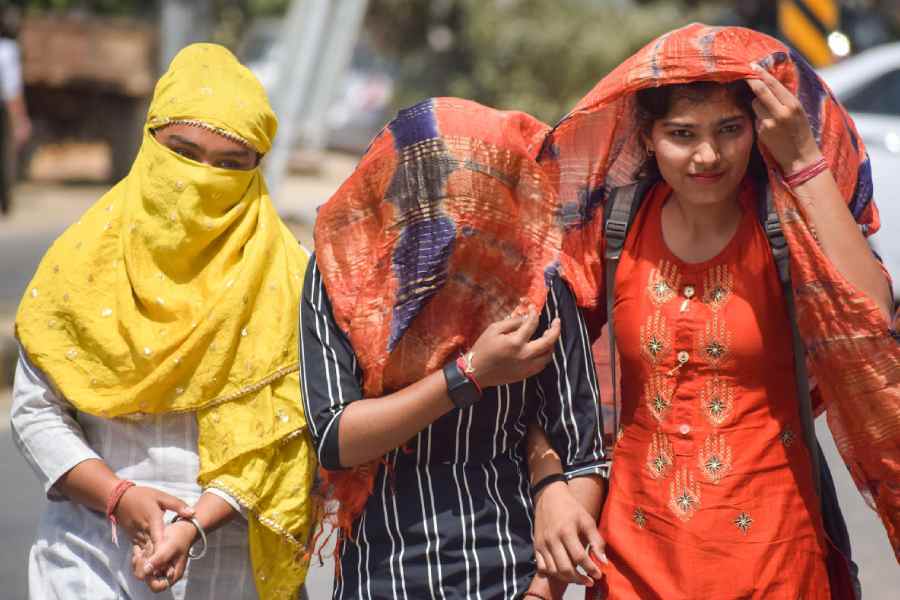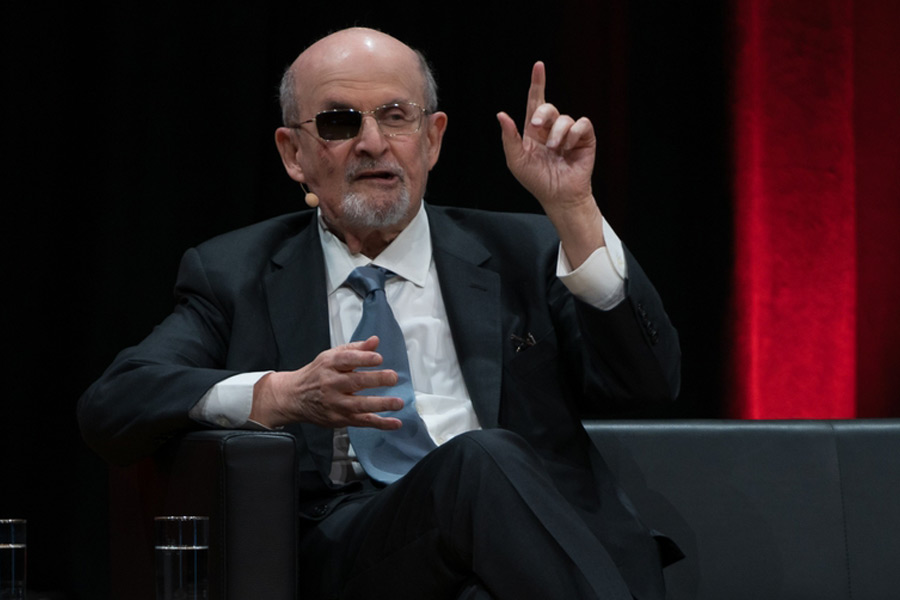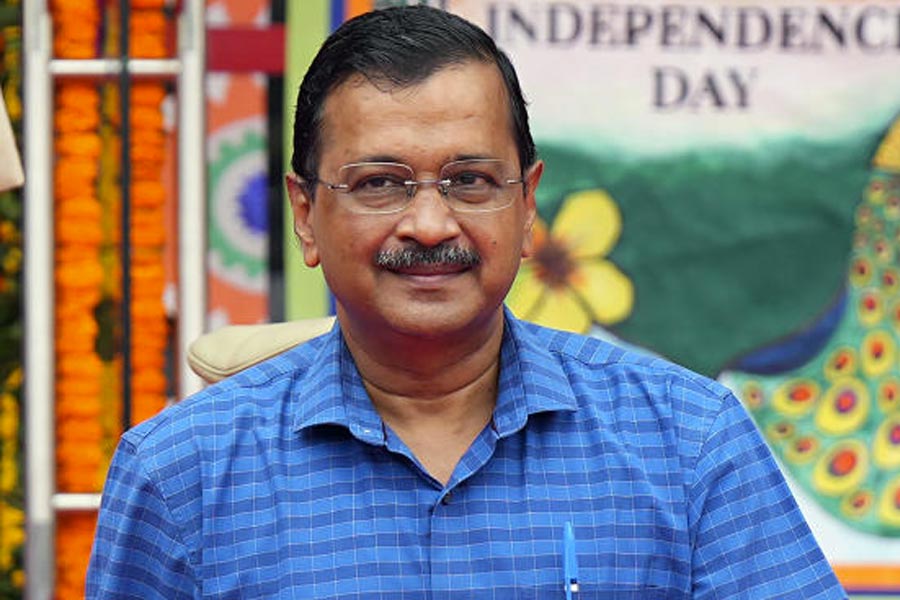Tax practitioners have urged the Narendra Modi government to extend the March 31 deadline set for the amnesty scheme styled Vivaad Se Vishwas on the day the Lok Sabha passed a legislation that hopes to unlock a substantial portion of the Rs 10 lakh crore tax claims that have been stuck in courts and tribunals for years.
The amnesty scheme gives taxpayers who have been battling claims from the income tax authorities in courts the opportunity to settle the cases without incurring interest or penalties if they pay up by March 31.
The government introduced several amendments to the legislation before it was passed amid a din in the House but it still left some critical questions unanswered.
For a start, no one knows how long the scheme will be in operation. Finance minister Nirmala Sitharaman had mentioned June 30 as the last date for the scheme in her budget speech but left it out of the bill that was passed on Wednesday. The government said the date would be notified in the official gazette.
Clearly, the government is waiting to see the response before it spells out in the income tax rules that underlie the legislation. But the more pressing problem is that by sticking to a March 31 deadline, the government hasn’t left the taxpayer with enough time to initiate the process for settlement, receive a certificate within 15 days from the tax authorities acknowledging the amount that he needs to pay, and then fork out the sum within a 15-day period that the law provides.
“The taxpayers have limited timeframe to take advantage of the Vivad Se Vishwas (VSV) Scheme by March end. An extension till April 30, 2020 would be a welcome move,” said Samir Kanabar, tax partner, EY India.
“The amendments are welcome and will make the VSV Scheme a broad-based canvas covering more cases, though rules and FAQs will have to be issued to clarify operational as well as administrative aspects,” Kanabar added.
Under the scheme, a taxpayer whose appeal is pending as on January 31, 2020 at various courts will have the opportunity to settle the dispute by making an application in a prescribed form.
Once the application is accepted, and the taxpayer must pay 100 per cent of the disputed amount before March 31, 2020. Interest and penalties will be waived in these cases. If the disputed amount is paid post March 31, 2020, there will be a 10 per cent increase in the amount payable.
The Union cabinet had approved changes in the bill on February 12 after receiving representation from various stakeholders. The scope of the scheme was expanded to cover orders where the time limit for filing an appeal has not expired on January 31.
The scheme will also cover cases pending before the dispute panel as of January 31, revision petitions pending as on January 31 and search cases where the disputed demand is less than Rs 5 crore.
“After Presidential assent, the forms and rules will have to be notified by the government. Taxpayers will declare their intentions to settle only after these have been placed in the public domain. People will need some time to discuss issues with their advocates and chartered accountants,” said tax advocate Narayan Jain.
“Even after the taxpayer makes a declaration, the department will take 15 days to verify and certify what needs to be paid. So, the initial period should be extended till April 30, 2020. If taxpayers scramble to take advantage of the window, they could make big mistakes,” Jain said.
But Kanabar was a little disappointed that the scheme did not cover issue-based resolution. “This could deter those who have a strong case on some issues,” he said. The Centre has estimated the disputed direct tax arrears at Rs 9.32 lakh crore.

